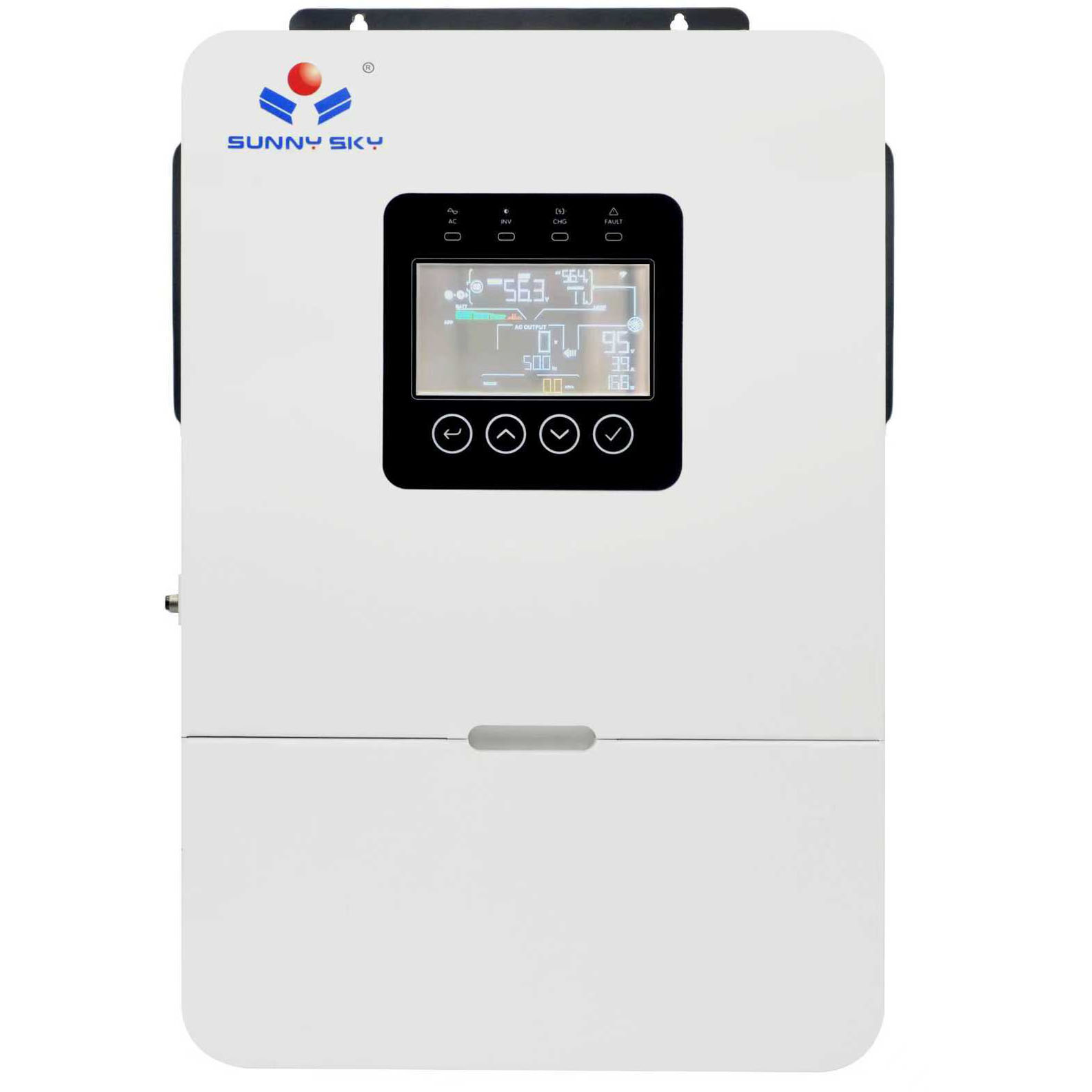
What Makes a High Efficiency Solar Charge Controller?
The primary advantage of an MPPT controller for solar panels lies in its advanced tracking algorithm. Solar panels have an optimal operating voltage and current, known as the 'maximum power point,' which fluctuates with changing light conditions, temperature, and shading. An MPPT controller continuously tracks this point and adjusts its input to harvest the maximum available power. This process makes it a high efficiency solar charge controller, often boosting energy collection by up to 30% compared to simpler PWM (Pulse Width Modulation) controllers. This efficiency gain is especially noticeable during cold weather, on cloudy days, or when the battery's state of charge is low, making it a crucial component for any serious off-grid or hybrid solar system.
How to Select the Best MPPT Solar Controller for Your Needs
When selecting the best MPPT solar controller, you must consider several key features to ensure it matches your system's requirements. First, check the voltage and amperage ratings. Controllers come in various capacities, such as 60A or 100A, and many support multiple battery voltages like 12V, 24V, 36V, and 48V. Your choice should align with the total wattage of your solar array and the voltage of your battery bank. Another vital feature is a clear, user-friendly interface. A built-in LCD or LED display that provides real-time data on charging current, battery voltage, and total power generated allows for effective energy management and system monitoring. For a truly reliable solar charge controller, look for robust construction and comprehensive safety protections against overcharging, short circuits, and reverse polarity.
Advanced Features and Connectivity
Modern MPPT controllers offer more than just efficient charging. Advanced models now include sophisticated connectivity options such as Wi-Fi, 4G, and GPRS, allowing for remote monitoring and control via a smartphone app or web portal. This is incredibly useful for managing systems in remote locations or for users who want detailed oversight of their energy production and consumption. Furthermore, communication ports like RS485 enable seamless integration with other system components, such as inverters, for a fully centralized and smart energy solution. Data logging features, which record performance history and system faults, are invaluable for troubleshooting and optimizing your setup over time, ensuring your system runs smoothly for years to come.
Working with Solar Charge Controller Manufacturers and Suppliers
When you are ready to purchase, it is important to find a reputable solar charge controller supplier. Established solar charge controller manufacturers not only provide high-quality, durable products but also offer excellent technical support and warranties. If you are planning a large-scale project, exploring MPPT solar charge controller wholesale options can provide significant savings. While solar charge controller pricing for MPPT units is initially higher than for PWM models, the long-term returns from increased energy generation make it a worthwhile investment. Sourcing directly from trusted MPPT solar controller manufacturers ensures you receive an authentic, high-performance product designed to maximize your solar system's potential and contribute to a sustainable energy future.


